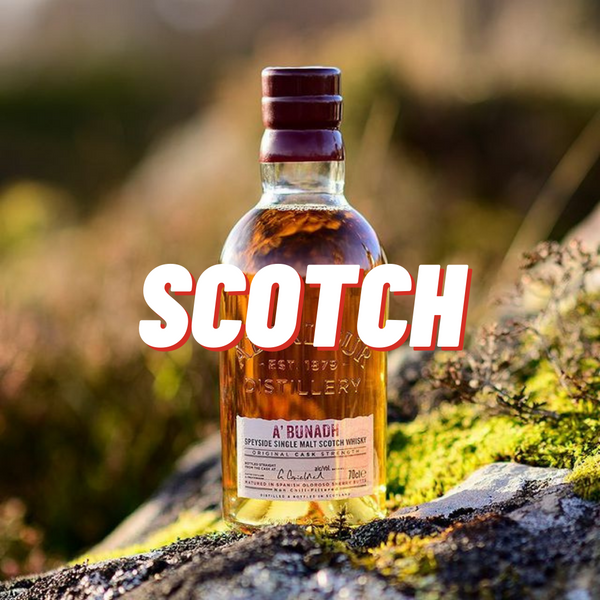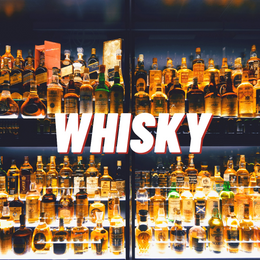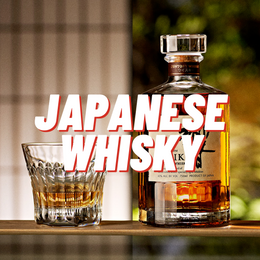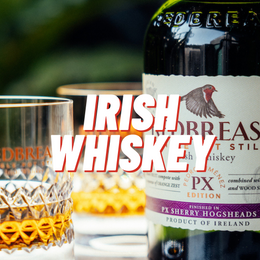
What the heck is that?
Short for Scottish whisky, Scotch refers to whisky that has been distilled, fully matured and bottled in Scotland.

Who cares?
Scotland has an incredibly rich culture of whisky-making that dates back to the 1400s. The Irish were the first to invent the gold liquid (spelt “whiskey” in their case). Yet, Scotland today enjoys a closer affiliation with whisky because a much larger portion of Scotland’s whisky-making traditions have survived the passage of time, passed from generation to generation.
Scotch single malt whisky is divided into 5 categories from the following regions:–
Whiskies from different regions tend to demonstrate a distinct style. Light and fruity Scotches from Speyside are very popular. However, whisky from Islay is famous for its traditional ingredient: peat, which imparts different levels of smokiness- from mild Oolong tea-like notes, to heavy, punchy notes of charred barbecue meats.
Like a dragon guarding a hoard of gold, the Scotch Whisky Association jealously safeguards the global reputation of the “Scotch” label. Rules governing the labelling of Scotch whiskies are notoriously strict to preserve the signature flavours and characters of Scotch whisky.
Learn the 4 most important Scotch whisky terms here.
Why should I try it?
You don’t know whisky until you have at least tried a Scotch.
And with Scotland’s rich history of whisky-making, there is a staggering variety of distilleries that produce whiskies of every character – from the fruity and grassy Glenfiddich, to the rich and round Macallan, from the briny, oceanic Bruichladdich, to the smoky and robust Lagavulin. With such a huge diversity, there is bound to be a Scotch that would appeal to you.
I’ll leave you with a pro tip: try not to order a “Scotch whisky” when in Scotland. They just call it “whisky”. You wouldn't dare order an Irish or Japanese whisky anyway.






